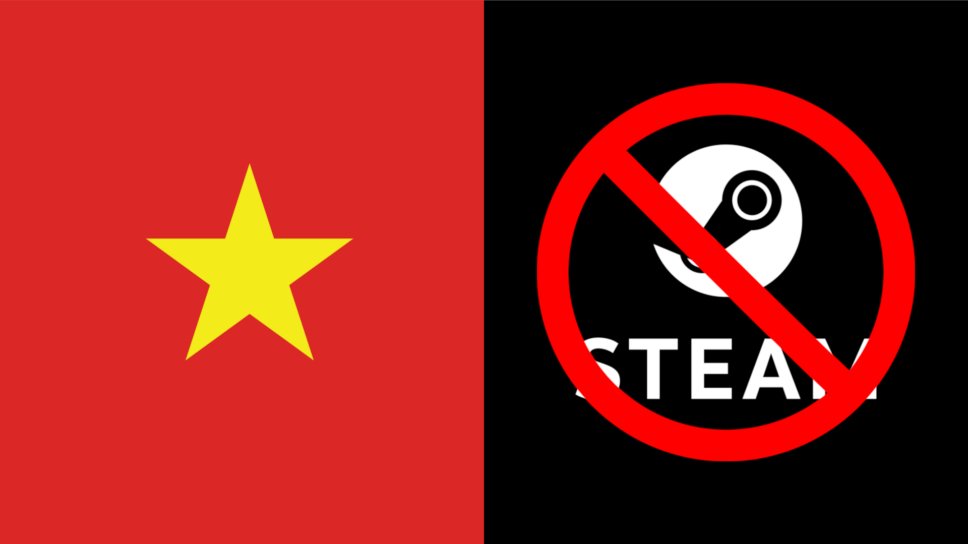Vietnam Bans Steam: Crackdown on Digital Freedom or Business Maneuver?
Vietnam has drawn international attention by imposing a ban on the popular gaming platform Steam. Vietnam, often regarded as one of Asia’s most authoritarian societies alongside its ideological ally, has historically exhibited a flexible approach towards freedom and human rights, a characteristic common among one-party states.
The ban, shrouded in ambiguity, has left both users and industry observers puzzled as to its motives and implications. Speculation runs rife regarding the rationale behind this draconian measure, with one theory posited by Vietnamnet.vn suggesting that local game developers have voiced grievances about the unequal playing field created by the dominance of international titles on the platform. Unlike their global counterparts, local developers face stringent government approval processes, which may stifle their creative freedom and hinder their ability to compete effectively.
However, GamesIndustry.biz offers an alternative perspective, speculating that the ban could be attributed to Valve’s business strategies rather than government censorship. As of now, Steam has yet to provide official clarification on the exact reasons behind the platform’s blockade for users within the region, leaving a cloud of uncertainty hanging over the fate of purchased games and the future of gaming access in Vietnam.
The implications of Vietnam’s crackdown on Steam extend beyond the realm of gaming, raising broader questions about digital freedom and the balance of power between authoritarian regimes and global corporations. As the international community watches closely, the ban serves as a stark reminder of the intricate interplay between political control, economic interests, and digital liberties in an increasingly interconnected world.



